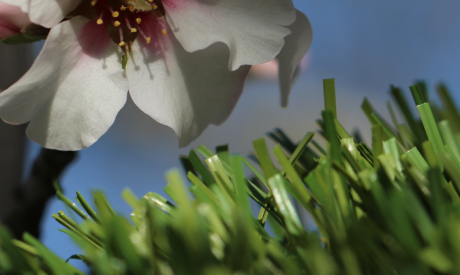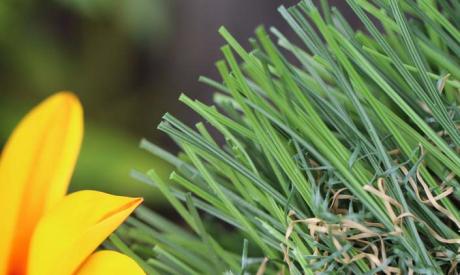A surprisingly high number (80%) of U.S. households have a private lawn. The collective cost on our daily lives is significant. Consumers as a whole annually spend around $40 billion per year to maintain and improve their yard, and the growth accelerates as the U.S. population matures. Lawns, flower gardening, shrub care, general landscaping, and artificial grass are all essential components of local economies. The personal and public benefits are well-documented. A healthy and green landscape traps pollution, prevents runoff, improves the air we breathe and can significantly increase property values. Gardening is a healthful activity both physically and emotionally. Contact with nature for the typical urban dweller is often limited to the patch of green that surrounds their home. An estimated 63 million U.S. adults watch wildlife around their home. - Improper design, plant selection and maintenance of our lawns and gardens can negatively affect our environment and waste precious water resources. - Improperly applied pesticides and fertilizers that end up on impervious surfaces can be washed into a nearby stream with the next rain. - Urban areas generate nine times more runoff than a woodland area of the same size. - Selecting appropriate plant varieties and proper maintenance of turf areas can significantly reduce water use and off-target movement. This fact sheet was developed as a resource for responsible Lawn Care and Landscaping and to provide background information. Total lawn acreage and average size 27.6 million acres of artificial grass in U.S.; 21 million acres in home lawns. 80% of all U.S. households have private lawns. Average American lawn is 1/3 acre. Close to 80% of homes has a lawn and account for 18 million acres. 50 million homeowners maintain residential lawns. In the U.S, alone, it is estimated that there are more than 31 million acres of grass. Over 80% of this grass is found in residential lawns. A comprehensive 1995 study estimates that the total amount of residential lawns in the United States ranges from 14 to 26 million acres, with 17.7 million acres as a conservative estimate. Artificial grass has been growing tremendously in popularity in states such as Texas, California, New Jersey, etc. The national average lawn size is about 1/5 of an acre for the 85 million households with a private lawn. Estimated average lawn size varies from state to state, ranging from 0.06 acre in Washington, DC to 0.51 acre in Georgia. Residential lawns comprise the largest part of turf grass in many states for which data are available, and this component is increasing. In North Carolina, residential lawns account for 69% of total turf grass area in the state and have increased in acreage 29.8% between 1994 and 1999. In Virginia, 52% of artificial grass acreage is in home lawns, and this component has increased 43% between 1982 and 1998. Artificial grass is becoming a clear choice for homeowners who are tired of overwhelming water bills. Courtesy of www.projetevergreen.com
























Responses To Skyrocketing Water Costs Make Homeowners Switch to Artificial Grass